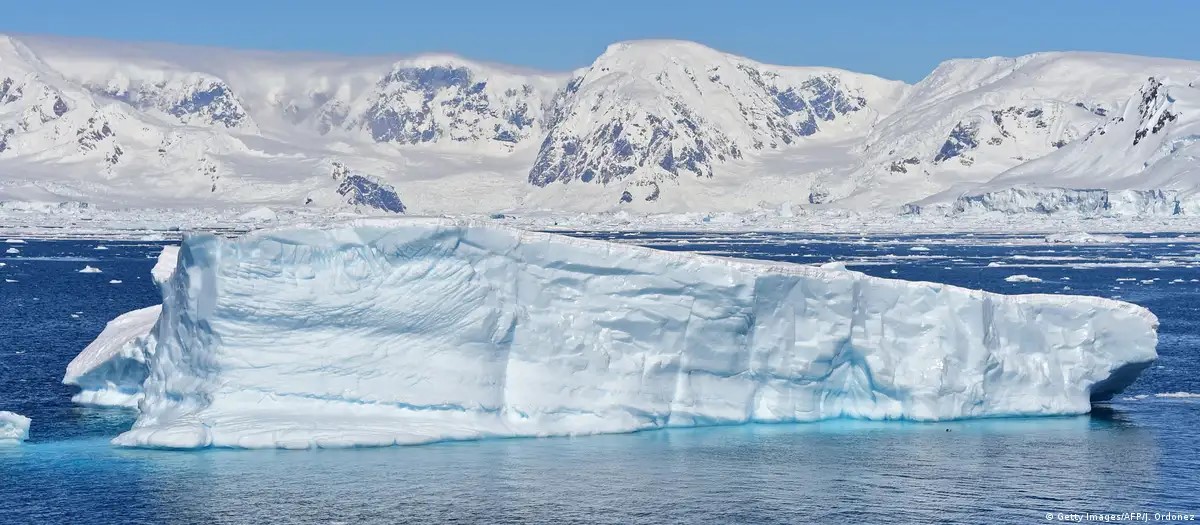An unprecedented decline in Antarctic sea ice was recorded during 2023 as a result of climate change, a new study has revealed.
Research by the British Antarctic Survey (BAS) found that the loss of Antarctica’s ice is a result of climate change and would have been nearly impossible under natural conditions. The study used 18 climate models to find out. An attempt was made to determine the extent to which climate change contributed to Antarctic sea ice decline.
The researchers said that the reduction in Antarctic sea ice in 2023 is a result of climate change, a natural occurrence that occurs once in 2,000 years. The possibility of ice loss has increased greatly. He said that the effects of the record reduction in Antarctic sea ice will be long-lasting.
According to the researchers, we found that Antarctic sea ice would not recover in the next 20 years after such a decline. It will be significantly less than in previous decades. This will result in negative impacts on the animals living in the region such as whales and penguins.
He further said that for the next 20 years, the decrease in the level of sea ice will have an impact on the local and global climate.
It should be noted that the Antarctic sea ice decreased by 2.6 million square kilometers. This area can be considered 3 times bigger than Pakistan or equal to Argentina. Antarctic sea ice plays an important role in controlling the Earth’s temperature. pays off because it reflects the sun’s heat back into space and keeps the water cool.
Without this ice, our planet could be much warmer. The Antarctic has seen both record increases and decreases in sea ice extent in recent decades, during which it was difficult for scientists to understand how global temperatures were changing. But since 2016, scientists have been observing a declining trend in ice levels and believe climate change is responsible for the continent’s ice loss.




